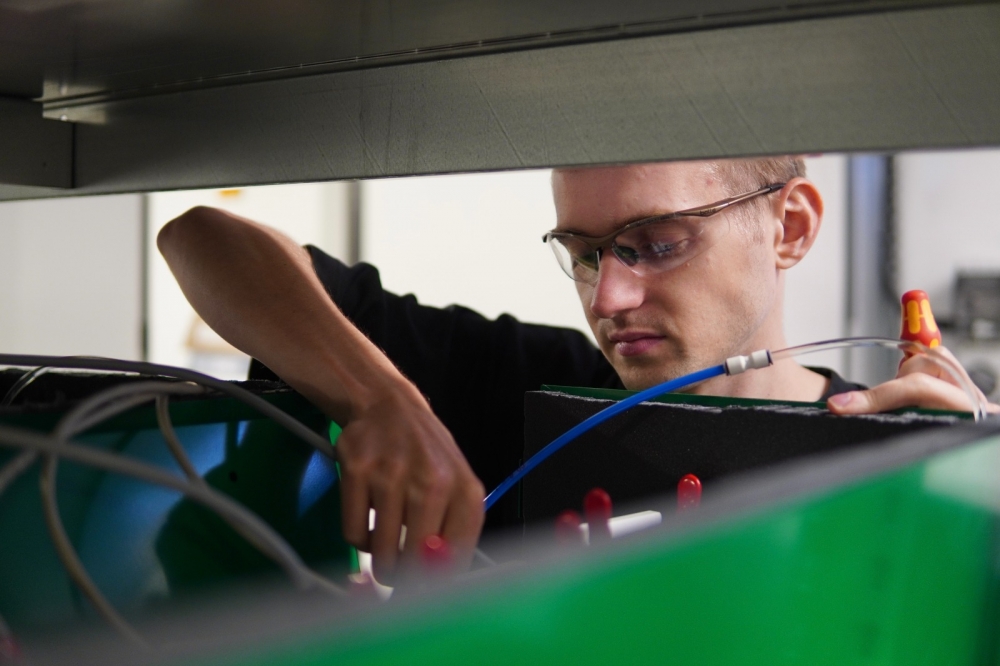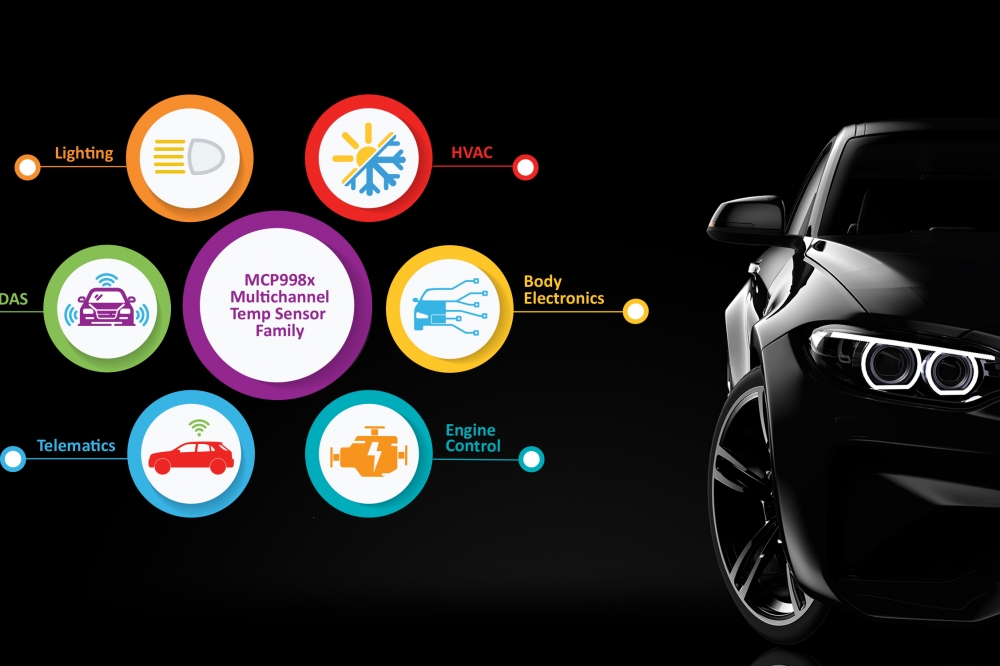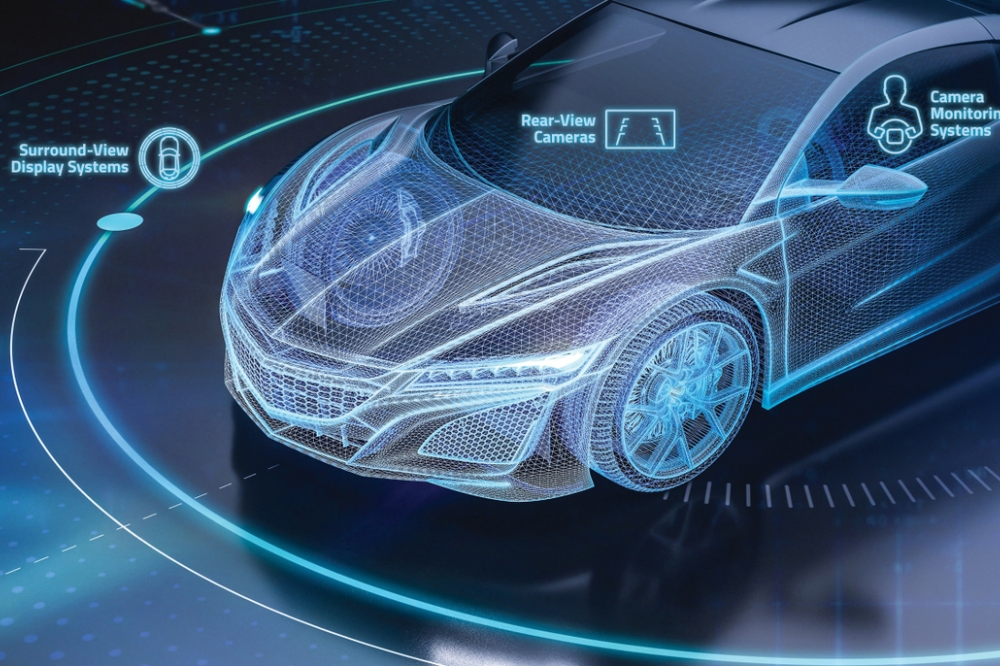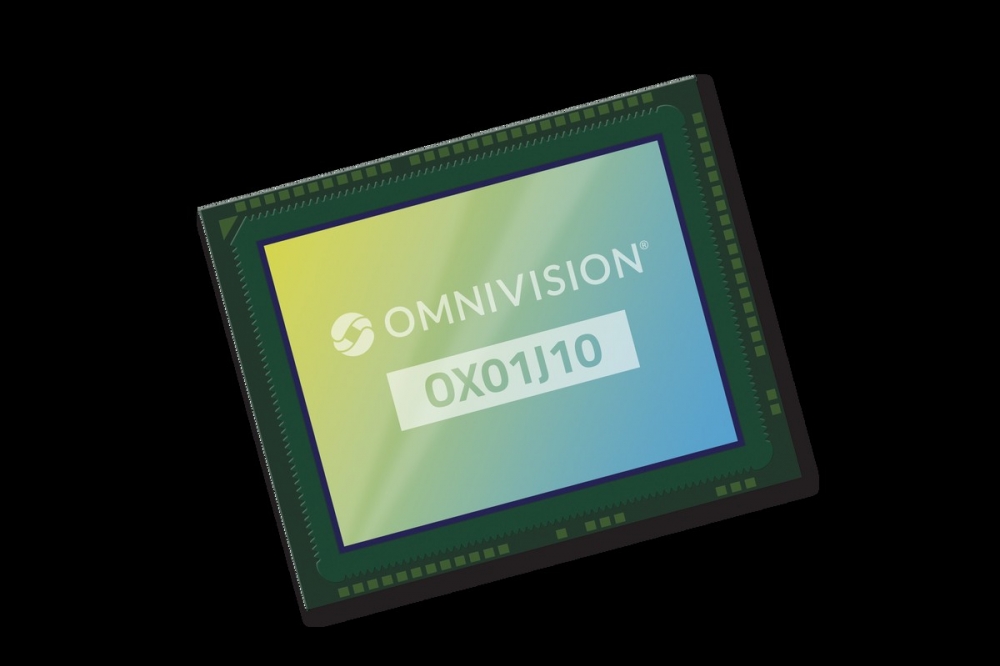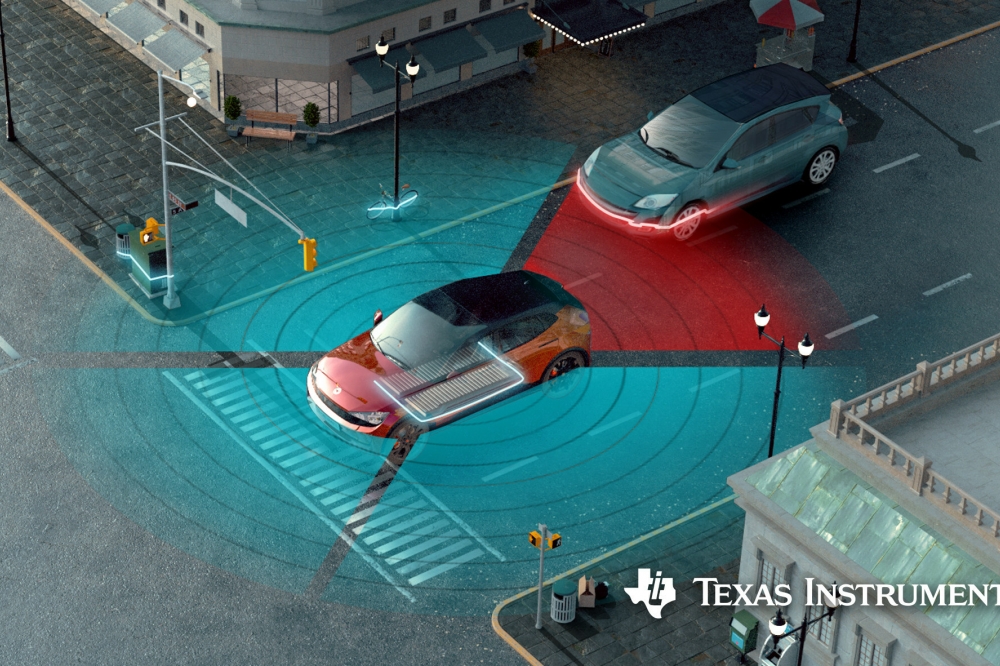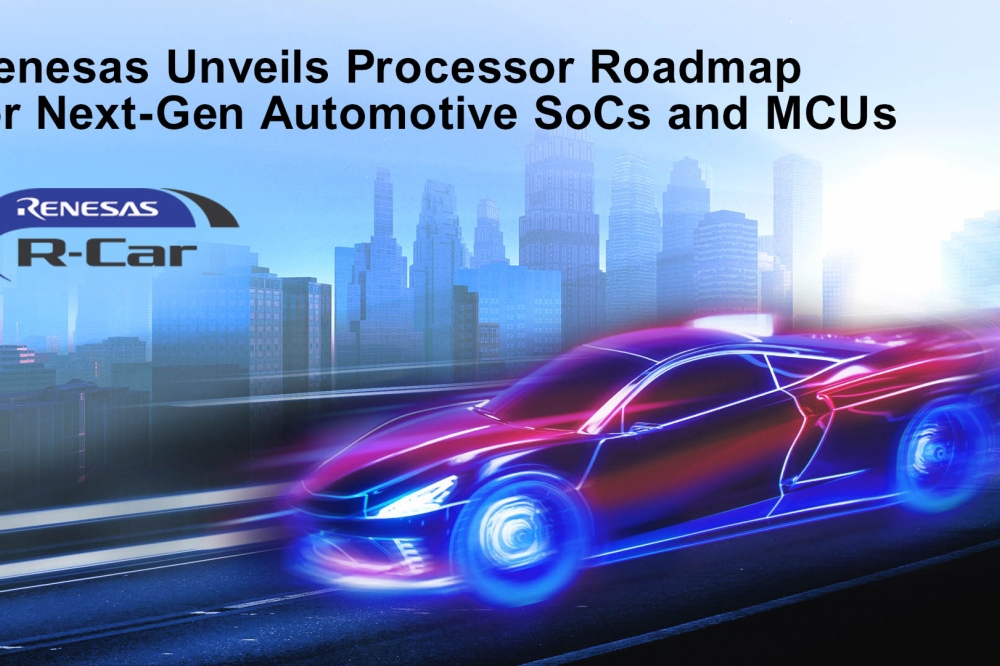FABU Technology to develop SoCs tailored for Autonomous Driving

FABU Technology, an artificial intelligence company focused on intelligent driving systems, brings a comprehensive approach to the challenge of developing Advanced Driver Assistance Systems (ADAS) and Autonomous Driving (AD) solutions.
With research and development centers in both China and the United States, FABU is committed to developing both a full-stack of algorithm and software infrastructure and a new System-On-Chip (SoC) platform tailored for autonomous vehicles.
The leadership at FABU, which has deep expertise in machine learning, computer vision, robotics, automobile engineering and large-scale integrated circuit design, believe that tackling the challenges of AD requires not only powerful machine learning algorithms but also more efficient and cost-effective hardware performance. Guided by this principle, FABU is the only major AI company in China to build a complete technology solution for autonomous driving.
FABU has deployed its autonomous driving technologies on the road. Beginning in 2017, five light trucks outfitted with a FABU Level 4 autonomous driving solution have self-driven a daily 160-mile round trip route on the streets and highways of Zhejiang province in China. The trucks have completed nearly 50,000km/31,000 miles of safety tests in all weather conditions, achieving a camera and sensor perception range of 200 meters/650 feet and obstacle detection accuracy of 97%. In the next phase of road testing, FABU plans to implement their AD technologies in vans and heavy trucks.
Most traditional CPUs and GPUs employed in the AD industry are not optimised for automotive applications. “Generic, off-the-shelf chips may lack the necessary performance, or require too much power, or are not qualified for automotive safety standards,” said Xiaofei He, founder and CEO of FABU. “To best optimise for performance, power, and cost, FABU designs its own dedicated, intelligent SoCs for the ultimate integrated solution for in-vehicle intelligence.”
To meet the specialised data processing requirements of ADAS and AD, FABU has developed a new architecture made-to-order for deep learning and AD algorithms, called the Massive, Parallel and Volumetric (MPV) architecture. The MPV design facilitates creation of large-scale computing modules that provide programmable and resilient architecture support for key AD and ADAS capabilities such as sensor fusion, object identification and tracking, event forecasting and planning. Chips based on the MPV architecture are also optimised for high performance efficiency and low power consumption.
FABU’s Phoenix series of automotive safety integrity level AI chips encompass the full algorithmic requirements of autonomous driving by addressing three stages of AD data processing: sensor input and perception, sensor data integration and fusion, and smart automated decision making.
The key component for the Phoenix-100, the deep learning accelerator, conducts real-time, high precision 3D perception of the environment and was successfully taped out with silicon functionality verified in late 2018. FABU plans to launch its automotive-grade sensor fusion chip Phoenix-200 in 2019 and its Phoenix-300 automated decision-making chip in 2020.
By developing and integrating this series of AI chips, FABU will establish a driverless computing platform named The Phoenix, which will extend autonomous driving capabilities from SAE Level 3 to Level 5.
FABU Technology to develop SoCs tailored for Autonomous Driving
Modified on Thursday 31st January 2019
Find all articles related to:
FABU Technology to develop SoCs tailored for Autonomous Driving


 Add to my Reading List
Add to my Reading List Remove from my Reading List
Remove from my Reading List